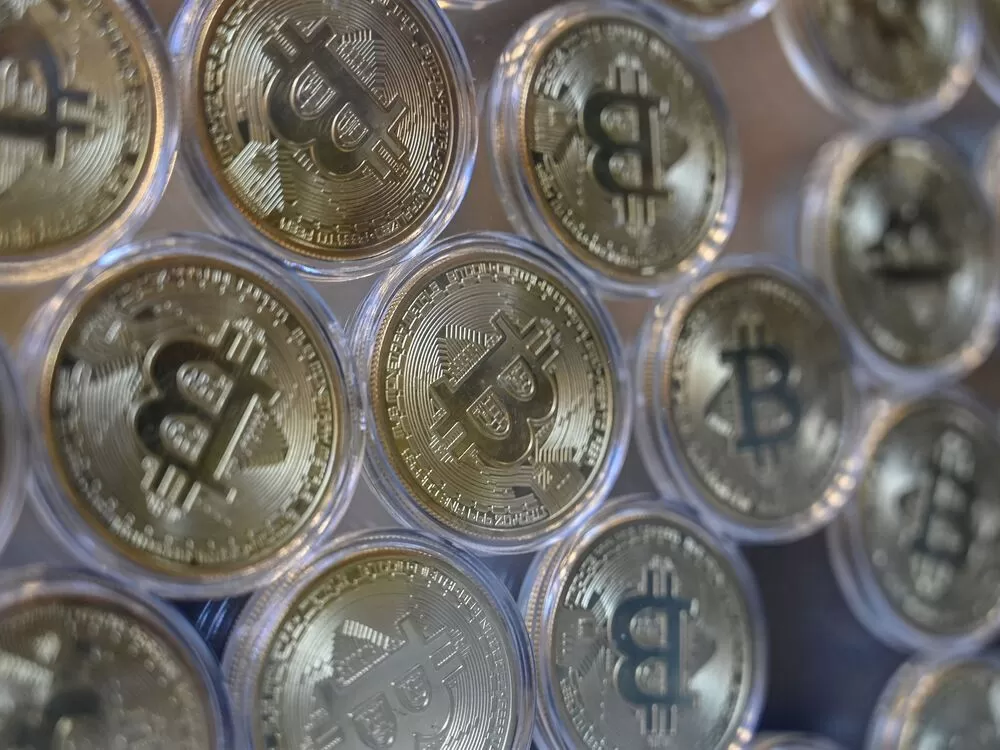Massive Bitcoin Seizure Unmasks 'Pig Butchering' Crypto Ring: A $150 Million Crackdown
Share- Nishadil
- October 15, 2025
- 0 Comments
- 3 minutes read
- 46 Views

U.S. Seizes $150 Million in Bitcoin Linked to Elaborate 'Pig Butchering' Crypto Scam
U.S. authorities have successfully seized Bitcoin valued at approximately $150 million, tracing the funds to a notorious 'pig butchering' crypto investment scam that preys on victims seeking romance and financial gain.
In a powerful demonstration of its unwavering commitment to combating sophisticated financial fraud, U.S. authorities have announced a monumental seizure of approximately 3,900 Bitcoin, valued at an staggering $150 million at the time of confiscation. These digital assets are inextricably linked to a shadowy and particularly cruel form of cryptocurrency investment fraud known as 'pig butchering,' a scheme that preys on the emotional vulnerabilities and financial aspirations of its victims.
The Department of Justice revealed that this substantial sum of Bitcoin was successfully traced and secured following extensive investigations into a widespread illicit network.
This operation marks a significant victory against an insidious scam that has defrauded countless individuals globally, leaving a trail of devastating financial and emotional ruin.
So, what exactly is 'pig butchering'? Originating from Southeast Asia and chillingly termed 'Sha Zhu Pan,' this elaborate fraud involves scammers cultivating deep, often romantic, relationships with their targets over weeks or even months.
They meticulously 'fatten' their victims, building trust and rapport, before introducing them to seemingly lucrative, but entirely fake, cryptocurrency investment platforms. Once the victim is sufficiently invested – financially and emotionally – the scammers disappear, taking all invested funds with them, much like a butcher prepares a pig for slaughter.
Victims, often isolated individuals seeking companionship or new financial opportunities, are systematically groomed.
The fraudsters leverage social media, dating apps, and messaging platforms to initiate contact, carefully crafting personas that are both charming and financially savvy. They then coerce victims into depositing funds into fraudulent crypto exchanges or wallets, manipulating them with fabricated success stories and promises of incredible returns.
By the time the victim realizes the deception, their savings are irrevocably lost.
The seized Bitcoin represents funds that were meticulously laundered through a complex web of cryptocurrency addresses and various digital asset exchanges, a common tactic employed by such criminal enterprises to obscure the money trail.
The U.S. government’s ability to track and recover these assets underscores the growing sophistication of law enforcement agencies in navigating the often-opaque world of blockchain transactions.
This crackdown is part of a broader, aggressive campaign by the Justice Department and its international partners to dismantle these criminal networks.
Authorities are increasingly focusing on the use of virtual currency for illicit activities, demonstrating that while the landscape of crime evolves, so too do the methods of justice. The FBI has repeatedly warned about the escalating threat of 'pig butchering' scams, reporting billions in losses from these frauds annually.
As the digital frontier continues to expand, so does the ingenuity of those who seek to exploit it for illicit gain.
This massive seizure serves as a stark reminder of the ever-present dangers lurking in the crypto world and a powerful testament to the tireless efforts of law enforcement to protect the public from these predatory schemes. It reinforces the critical message for individuals to exercise extreme caution, verify all investment opportunities independently, and be wary of anyone who combines financial advice with personal overtures, especially in the volatile realm of cryptocurrency.
.Disclaimer: This article was generated in part using artificial intelligence and may contain errors or omissions. The content is provided for informational purposes only and does not constitute professional advice. We makes no representations or warranties regarding its accuracy, completeness, or reliability. Readers are advised to verify the information independently before relying on







